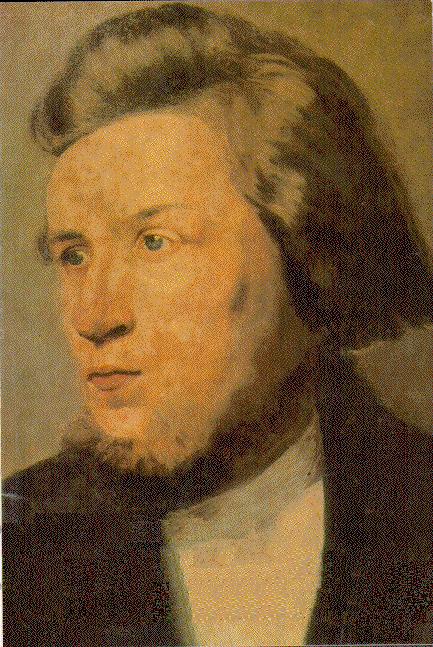
Let’s see. Where am I? I did a Zoom interview with a student from the University of Wisconsin-Green Bay this morning. Some kind of history class assignment. She was supposed to speak with a more impressive Viking reenactor, but had to settle for me due to a glitch in the system. It was nice. She was an intelligent young person. Gave me hope.
I’m trying to figure out Adobe Indesign (not Light Desk, as I erroneously termed it last night; I saw the I and D logo in my mind, and they looked like an L and a D, so I vamped). I was referred to a YouTube video for an introduction, but that created as much confusion as it cleared up for me. I bought a book, which I shall try out this evening. I intend to learn this irrational, user-unfriendly mouse maze of an app, or die in the attempt.
Packed for my trip to Brainerd tomorrow. Paid my bills a day early, because I’m flexible that way. Walked to the post office for stamps.
But what shall I blog about? I think, on consideration, that I still have things to say about Story as a key to the universe, as if I didn’t overtalk my intelligence in my previous post on the subject.
Dale Nelson, in commenting on that post, noted that our Lord, when He came to earth, did not come as a philosopher, but as a storyteller. This is an excellent point, one I wish I’d thought of.
So I’ll double down. When God chose to reveal Himself to us in written form, He did not give us a book of systematic theology (I’ve often wished He had, but oddly He did not consult me). Instead, He told us a story.
Wouldn’t it have been a relief if the Bible had begun with The Book of Epistemology? We could have a Book of Trinitarian Doctrine, and a Book of Soteriology, and it would all end up with a Book of Eschatology.
The Quran is kind of like that, as best I understand it, based on my limited examination of the book, though it’s not very organized. The Quran is essentially a book of doctrines and commands. It’s not what you’d call a gripping narrative.
The Bible we’ve been given, however, is a narrative. God chose to tell what is essentially a story. There’s other elements in there – poetry, and law, and wisdom literature, etc. But it’s all set within an epic dramatic narrative. The world is created, Man is created, Man falls, Man runs berserk, God begins calling out a series of individuals, then a family, then a nation, through whom He will – gradually – reveal His purposes for redemption. Finally the Hero – God Himself in human form – appears and – through great sacrifice – undoes the Fall, conquers death and the devil. Finally, we’re given a glimpse of Christ’s ultimate triumph and the eucatastrophe.
A lot of church schism and religious war could have been avoided if we’d had a divine book of unambiguous theology instead of the Bible we got. But God hasn’t chosen to reveal Himself that way, either in His written Word or in His incarnate Word. He seems to prefer stories. And stories tend to be so… ambivalent. The better the story, the harder it is to explain.
During my recent long road trips, I decided to splurge on a couple audio books. Both were by Andrew Klavan – books I’d read before but wanted to revisit. My Minot book was The Truth and the Beauty, Klavan’s manifesto of art-oriented theology. My Green Bay book was The Great Good Thing, his spiritual autobiography.
I found The Great Good Thing easier to grasp. It’s a straight memoir, with its lessons fairly obvious. Great story, too.
But The Truth and Beauty, though fascinating and inspiring, eludes me at some points. Even after two readings, I still have a hard time articulating what the point of the book is. It’s mostly about how the Romantic poets followed their perceptions of beauty, which led them (in some cases not very far) towards the truth of Christianity in a world gone apostate.
But I can’t grasp the nub. I can’t tell you what Klavan is trying to say we need to learn from the Romantic poets.
And it occurs to me that’s the whole mystery of the thing.
Great art generally can’t be reduced to a formula or a moral. It leads you to a place where you confront an idea that is a Person. And persons can’t be defined – not within the limits of human reason. (God can define it all, I have no doubt.)
It’s a little like Zen, where you sit around and meditate until you “get” some irrational concept. I reject Zen, and I reject the irrational too. But the Buddhists have an inkling of some truth there.
Stories can lead us to an encounter with God. Reason can too. But neither the story nor reason automatically produce faith. The faith comes from an encounter with Jesus Christ. That encounter is a miracle; St. Paul knew, and the theologians have agreed, that it’s nothing either our imagination or our reason can produce. It comes from outside. It’s something you receive.
And you can’t always put it into words. You can only tell stories about it.





